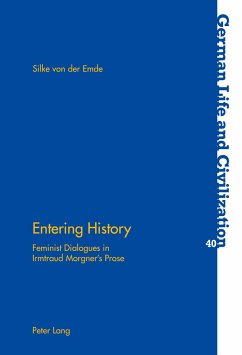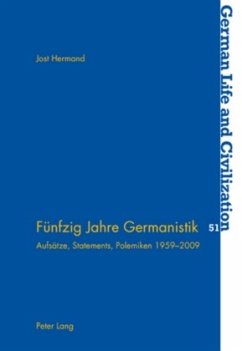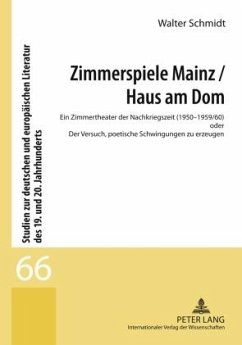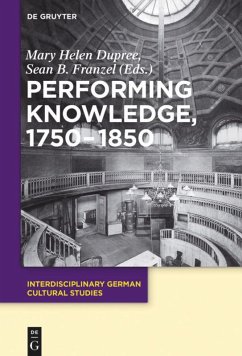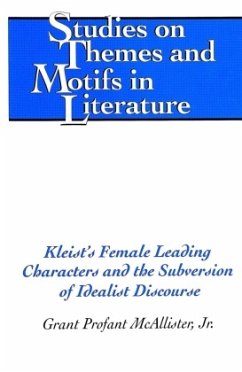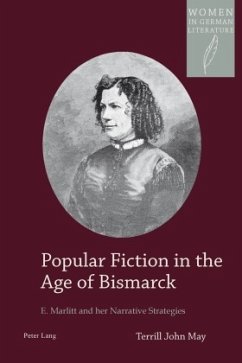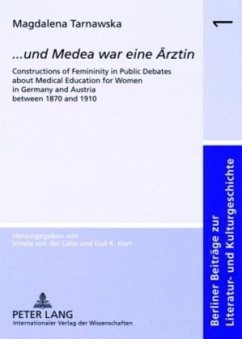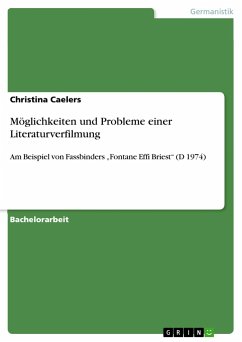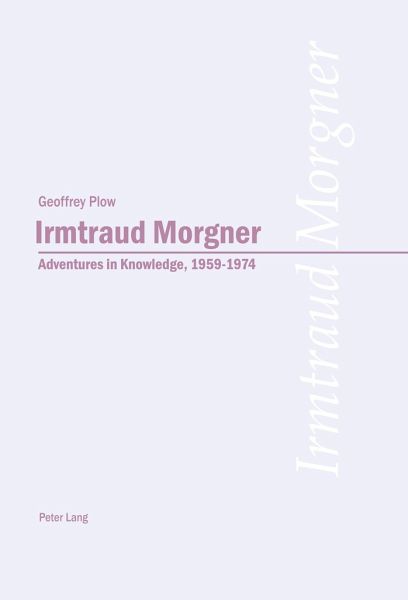
Irmtraud Morgner: Adventures in Knowledge, 1959-1974
Adventures in Knowledge, 1959-1974
Versandkostenfrei!
Versandfertig in 6-10 Tagen
62,95 €
inkl. MwSt.

PAYBACK Punkte
0 °P sammeln!
This new assessment of the literary development of Irmtraud Morgner (1933-1990) liberates her from a critical straitjacket that has seen her early and middle-period works as essentially constrained and thwarted by state prescriptions. The author demonstrates that Morgner always had an organically evolving literary programme of her own. He uncovers a writer with a vision of ideology and democracy as humanised, intimate and personal. Morgner's diaries are called upon to demonstrate how she rechannelled into her later work material that had been banned by the censor. Morgner emerges as a figure w...
This new assessment of the literary development of Irmtraud Morgner (1933-1990) liberates her from a critical straitjacket that has seen her early and middle-period works as essentially constrained and thwarted by state prescriptions. The author demonstrates that Morgner always had an organically evolving literary programme of her own. He uncovers a writer with a vision of ideology and democracy as humanised, intimate and personal. Morgner's diaries are called upon to demonstrate how she rechannelled into her later work material that had been banned by the censor. Morgner emerges as a figure whose work is deeply pertinent to our twenty-first-century preoccupations, be they in the West or East. The author advances powerful arguments for the value of six of her novels as key illustrations of her trust in the individual's capacity to give meaning to life without recourse to established ideological structures.





